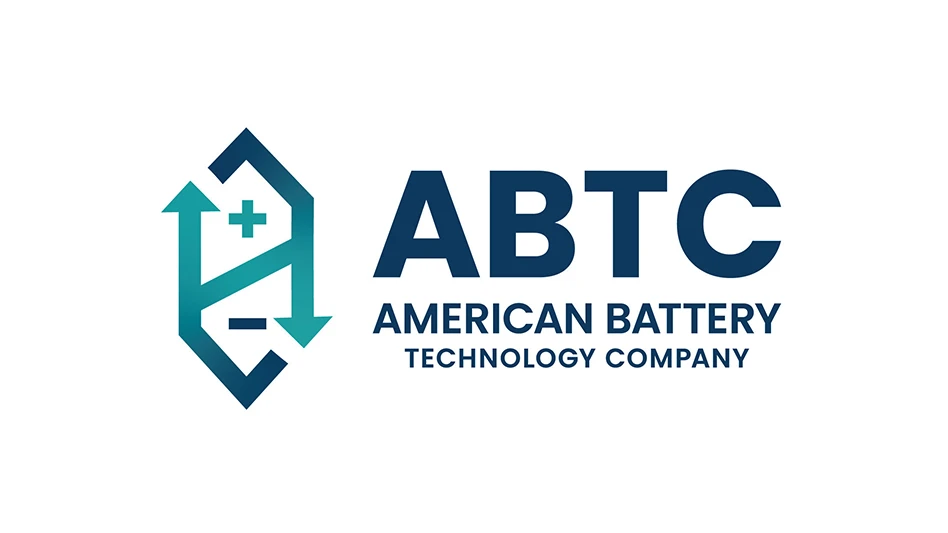
© saintho - Getty Images
Prices for all grades of recovered paper have surged up in response to short supplies caused in part by the COVID-19 pandemic.
Old corrugated containers (OCC) pricing was at all-time lows for most of 2019, averaging around $25 per ton for the latter half of that year. The U.S. average price for OCC was at $24 per ton in the January buying period. Since January, OCC prices have jumped about 196 percent nationally, Fastmarkets RISI reports in an RCP Special Report Story it emailed to subscribers April 16.
Other recovered fiber grades also have benefitted from stronger pricing. “The run-up on the price in the last 48 hours has been unbelievable,” says a paper shredder based in the Upper Midwest as of the second week of April. “We were at 30-year lows, but for prices to double in 48 hours for scrap materials is unprecedented.”
According to the email sent by Fastmarkets RISI April 16, its sources expect price increases for recovered paper to continue into the May buying period as well.
A few things have driven up prices, including slower generation of recovered fiber and increased demand from paper mills worldwide.
“Last month, export markets picked up,” a broker in the Midwest says. “But we also saw generation start to fall off then. You also see [domestic] mills picking up production, needing boxes. Amazon, Unilever, Procter & Gamble have increased their purchases. It’s a case of drop off in supply and a marked increase in demand.”
A broker based in the South says he has noticed that grocers are baling more materials and residential recycling has picked up in some communities with stay-at-home orders in place because of COVID-19. However, he says generation of OCC from department stores and nonessential businesses as well as generation of sorted office paper (SOP) are down. Some residential recycling programs also have suspended operations temporarily in response to the pandemic, he adds.
SOP pricing is also on the rise—it surged $45 to $50 a ton in April, Fastmarkets RISI reported in the email it sent April 16.
Paper shredding companies aren’t all seeing the benefit of the SOP price surge because of a lack of generation in March and April. Kari Tavola, president of Oakland, California-based Shred Works, says she has noticed much slower generation of materials since the start of the COVID-19 outbreak. “The whole Bay Area has a shelter in place order,” she says, adding that a lot of tech companies are working from home, so less office paper is being generated by that business segment. “If a lot of people keep working from home, office generation will be different.”
However, the paper shredder based in the Upper Midwest says his business has been fairly steady in March and April because his company serves many customers in the medical industry.
Packaging companies implement price hikes
Several packaging companies, including Delaware, Ohio-based Greif Inc., and Hartsville, South Carolina-based Sonoco, have announced they will implement price increases for all grades of uncoated recycled paperboard (URB) in the coming weeks.
According to a news release from Greif, the company is implementing a $50 per ton increase for all grades of URB, effective with shipments beginning May 18. It also is implementing a $50 per ton price increase on all grades of coated recycled paperboard (CRB) April 13, effective with shipments beginning May 13. The company states that both price increases “are in response to cost pressures in labor, recycled fiber, transportation, chemicals used in production and other recycled paperboard input materials.”
Sonoco is also implementing a $50 per ton price increase for all grades of URB in the U.S. and Canada, effective with shipments beginning May 13. Tim Davis, division vice president and general manager of Paper and Adhesives in U.S. and Canada at Sonoco, says in a company statement that “it has been nearly two years since Sonoco’s last URB market price increase, and since that time the company has experienced inflation on input costs … most recently significant increases in recycled fiber costs.”
“The cost to operate and maintain our paper machines continues to increase,” Davis says. “It is critical we maintain margins on our uncoated recycled paperboard business at a level that enables us to continually reinvest in these papermaking assets to ensure uninterrupted supply of quality paperboard for our customers. Recently, Sonoco made the difficult decision to shutter two paper machines in the U.S. and Canada. The cost to maintain these assets exceeded the return earned from operating them. We must do everything that we can to lessen the risk of further mill closures and retain an efficient supply chain for our customers across our North American mill footprint.”
Export challenges
Paper mills in the U.S. and abroad alike need recovered paper supplies. Also, in mid-April, China's Ministry of Ecology and Environment issued a new round of recovered paper import permits, totaling 1.17 million metric tons, amounting to 4.39 million metric tons of import quotas so far for 2020 from China.
Yet recyclers and brokers have reported it is a bit more challenging to serve export markets in the April buying period.
The broker based in the South says getting containers for export at some U.S. ports has been challenging. He says container availability is “good in some areas and not good in others.”
Another broker on the East Coast reports that some U.S. ports are restricting hours and days of operation in light of COVID-19, as well. For instance, the Port of Baltimore is open, but the Ports America Chesapeake company that operates the Seagirt Marine Terminal at that port closed Seagirt April 8 and April 10 because of declines in international container volumes.
According to a news release from the Port of Long Beach in Long Beach, California, that port felt the economic effects of COVID-19 in March “with more canceled sailings and a decline in cargo containers shipped” through the seaport.
Export markets are also challenging in nations that did not deem recycling or paper mills as essential businesses during the April buying period, such as in India.
While shipping has posed challenges to many export markets, Adina Renee Adler, assistant vice president of international affairs at the Washington-based Institute of Scrap Recycling Industries (ISRI), says trading of scrap commodities is moving a bit more smoothly across North American borders.
“As far as we at ISRI know, scrap cargo is still going between both the Mexico and Canada borders,” she says. “There is a decline in the number of people and cargo going across borders, but I don’t know that there is any kind of major disruption.”
The broker based in the South adds that it’s important for recyclers and brokers to keep their commitments with mills this season, especially with mills that stuck with them throughout 2019.
“Now is a bad time to take on a large export order and abandon commitments for a few extra dollars,” he says. “Loyalty will mean something.”
Get curated news on YOUR industry.
Enter your email to receive our newsletters.
Latest from Recycling Today
- Circular by Shapiro releases "5 for Five" sustainability series
- Graphic Packaging set to close Ohio CRB facility
- Ameripen voices support for Maryland EPR bill
- Matalco to close Canton, Ohio, plant
- Maryland county expands curbside recycling to include electronics
- California EPS ban will be enforced
- YKK AP America introduces BetterBillet
- Fresh Perspective: Cameron Keefe






